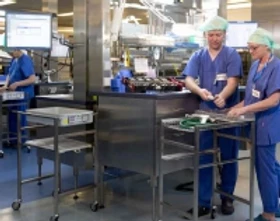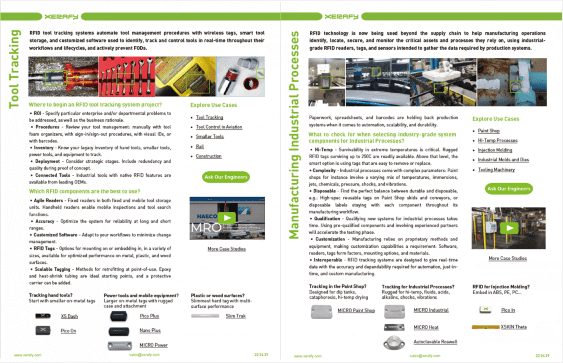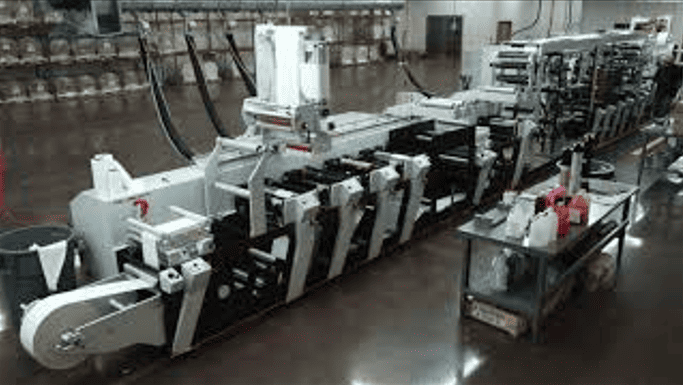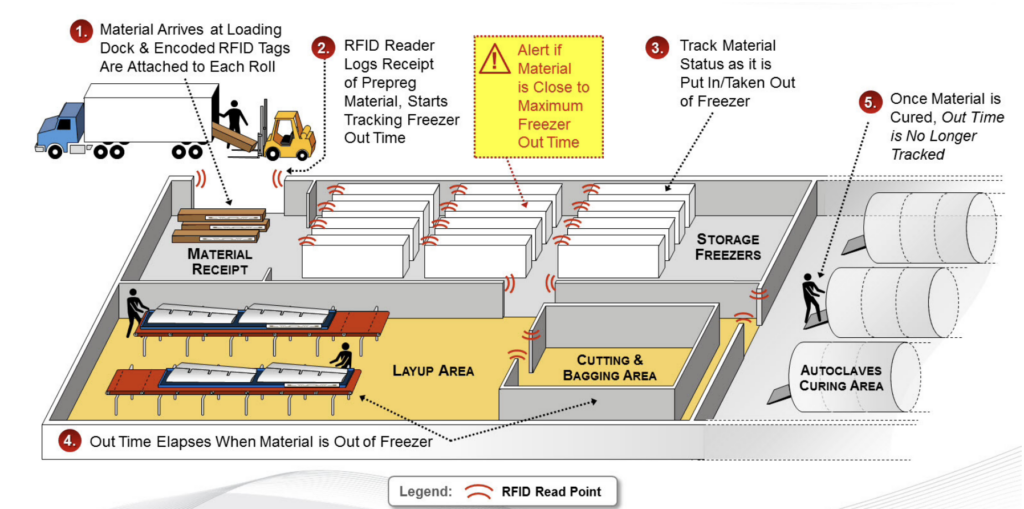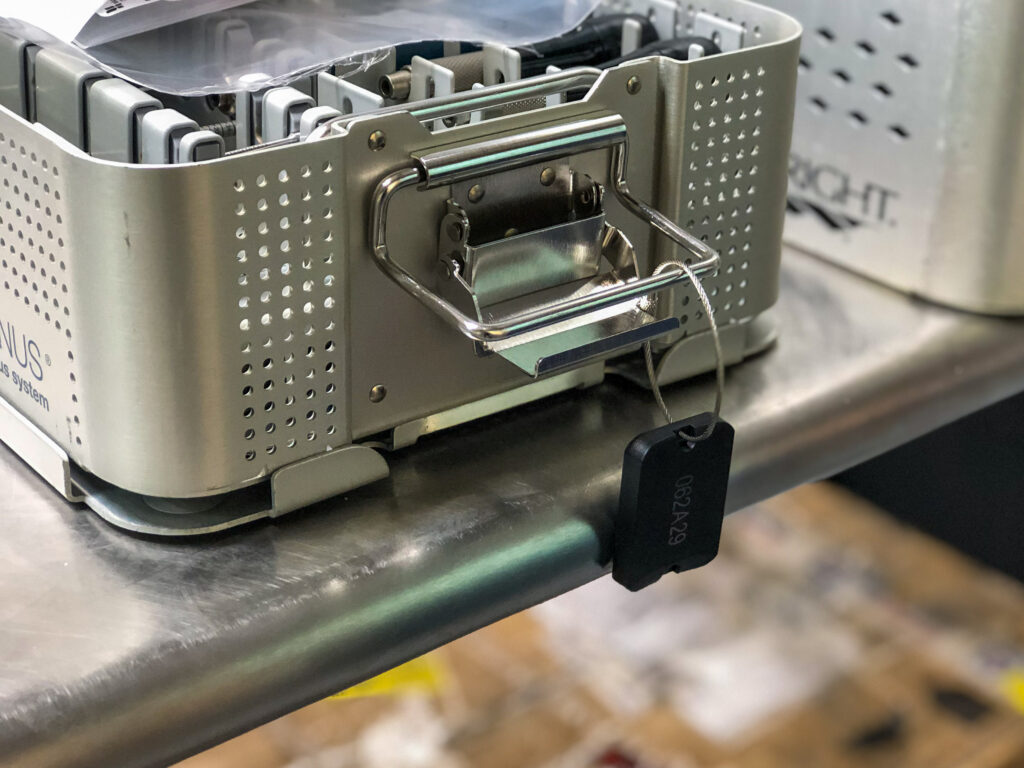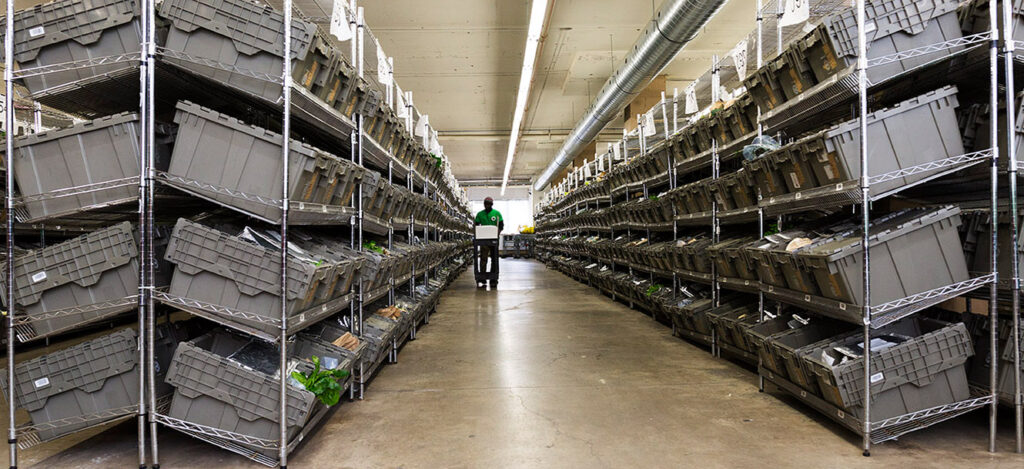Instruments are easily mixed up even when they are serialized or laser engraved, and devices can be difficult to read when contaminated. Also, it is not easy to service the instruments properly or document the product lifecycle. In February 2016, Charité finally found the solution and successfully deployed a ground-breaking surgical instrument tracking system that uses Xerafy autoclavable RFID.
Sadmir Oasmancevic, department head, and Stefan Preuss, team leader of the Instruments Management and Central Sterile Supply Team explain that the hospital launched two pilot projects to test RFID transponders applied to the surgical instruments with specialized adhesive. The transponders are read during the preparation process, as they are added to the cleaning devices, and in packaging prior to sterilization.
Rigorous Testings In Real CS/SPD Conditions
The facility did rigorous testing which included chemicals, mechanical stress during transport, material expansion during high temperatures, etc, to ensure the durability and performance of the attached Xerafy tags during at least 500 sterilization cycles.
The adhesive was also carefully selected. “Firstly, the adhesive used must be biocompatible. Any risk to the patient from the adhesive must be completely eliminated” said Osmancevic. The adhesive must also hold the RFID transponder permanently without the risk of it becoming dislodged. “We were able to test all the treatment processes that were used throughout the usual life cycle in test scenarios. There were no problems. In real operation, the instruments come in contact with blood, saline, and iodine-containing substances. We do not anticipate that this will affect the adhesion, but we will observe this closely.”
Osmancevic also mentioned that the adhesive used did not affect the product approval as the medical instrument was not been structurally modified, and they have maintained close contact with instrument manufacturers to validate this. Furthermore, the new tagged surgical instruments did not influence the use of the product, and the doctors and staff who used the tagged tools every day were able to confirm this.
“In sterilization, we have demonstrated that we can bring higher quality to processes by using RFID. And it gets further. The opening of a new CFM building in 2017 will be based on further employment of developing RFID devices,” noted Osmancevic.
Xerafy is a pioneer in Industrial RFID, bringing to market several innovations that enable advanced industrial identification and automation capabilities.
In addition to a complete range of field-proven RFID tags available off-the-shelf, Xerafy offers Custom RFID Tags services, covering everything from a personalization service bureau to custom-design engineering capabilities.
